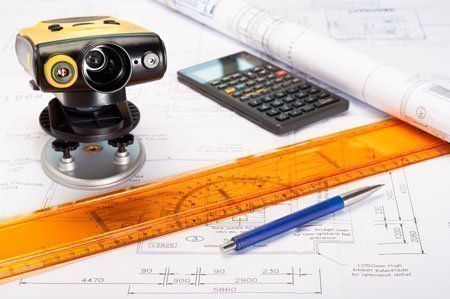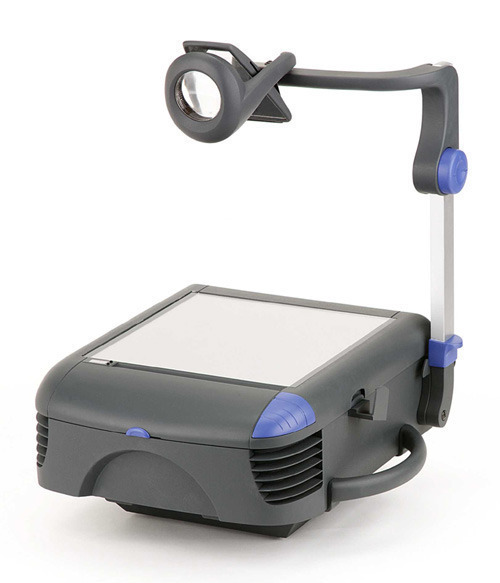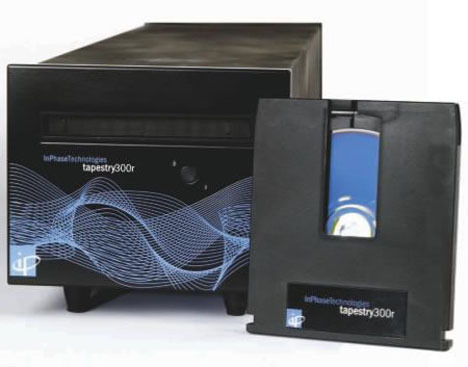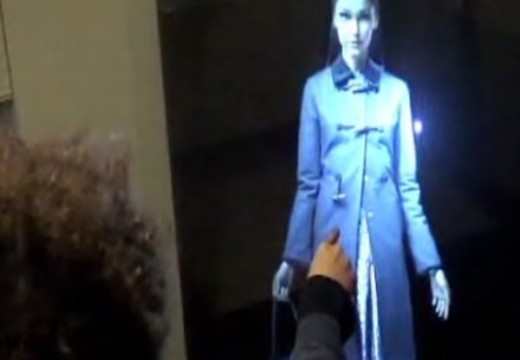For the past two decades, lasers have been used to measure distance without having to physically touch the area or things being measured. Laser measurement is capable of very precise and quick distance measurements. Lasers have been used in military targeting, criminal investigations, and sports. As research has progressed, the size of laser measuring devices has decreased, while computer power capable of interpreting and using measurement data has increased.
What Techniques Do Lasers Use to Measure Distance?
A laser uses several techniques to measure distance. They include:
Time of Flight – Measures the time that the laser signal takes to travel to and from a position (distance traveled). This method is typically used to measure large distances in the hundreds of meters/kilometers ranges. Laser devices designed to measure short distances accurately measure within several centimeters or millimeters.
Triangulation – Uses geometry to measure distances that range from 1 mm to a number of kilometers.
Phase Shifting – Uses a modulated laser beam to allow measurements over much longer distances, but may have reduced accuracy. It is generally used when measuring a target that has diffuse reflection.
Frequency Modulation – Uses a frequency modulated beam. The distance measured is converted into a frequency offset that is calculated through measurements from the laser’s return beam.
What is a Laser Radar?
Laser radars are used to measure distances using any of the above measuring techniques. It scans in two dimensions in a given direction allowing depth profile, speed, and/or exact measurements to be made. Since the laser beam has a smaller wavelength than similarly designed acoustic devices, it can give results with a much higher accuracy rate.
Issues with Laser Distance Measurement
Laser distance measurement is not without its disadvantages. Laser beams suffer from laser noise, stray light, and speckle effects interference. Various targets can also have different reflective or scattering qualities, which can result in inaccurate measurements. Devices that are designed to measure objects over great distances can be dangerous to personnel who are not wearing appropriate eye safety goggles. It is difficult for lasers to measure large distances in extremely hot or smokey areas, as these conditions can diffuse the beam.
Other Uses for Laser Distance Measurement
Laser distance measurement is also used for specialized models in forest inventories with special anti-leaf filters, in sports (for distance measurement to fixed targets or locations), in stock management systems, in steel industry production processes, construction, real estate, 3D modeling, and in various military technologies.




Follow Us!